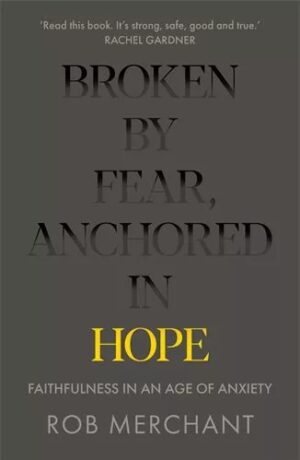



Shame is wretchedness within us. Yet there is a choice. I could remain hidden in the wretchedness of my shame or I could speak about that of which I was ashamed and walk out of the hiddenness of shame into the presence of the love of the one who called me to follow him.
‘Where are you?’ is the question that has echoed down the eons from the dawn of time itself, the question called out by the Creator whose creation was hiding in the garden. There sin unleashes its lasting wound: shame, the place where love is turned to a pain so deep and utter that it causes us to push away that which comforts, hopes, forgives, because to be loved in such a way is to face the wound of shame.
The problem is, shame is sticky. It is as though no matter how much time we spend trying to wash it off, shame is a deep fracture in our existence tearing down into our very soul.
The ‘Shield Against Shame’ is a concept developed from work with children who have experienced profound trauma. The shield acts as a mechanism to defend our shame, to deflect away anything that might reveal it to others. Through lies, blame, minimizing, rage – we can think of these as something new, yet shame is the ancient artefact of sin.
John declared, ‘God is love.’ If God is love, and God’s nature is consistent through all eternity, then the one who acted in extraordinary sacrificial divine love in redeeming humanity from the wound of sin and shame called out a question in the garden that was derived from love, not anger.
David described the extent of God’s searching love in Psalm 139, when he asked, ‘Where can I flee from your presence?’ It is only in recent years that I’ve come to understand David’s question as a declaration of utter surrender to a limitless, relentless love that pursues us across all eternity.
I still raise the Shield Against Shame, but I recognize it now, the way it has sought to defend me, but in doing so only separating and driving me deeper into the shadow. I’ve learnt to recognize the shield in others, to interpret its presence, and in the honesty of my shame encourage others to lay down the shield, that they too might emerge into the light.
For this session, you might prefer to use the questions as a prompt for a time of quiet reflection rather than discussion owing to the sensitive nature of the topic. At the same time, there is power in taking what is hidden in the dark and revealing it in the light. Therefore, depending on your group, it may be appropriate to ponder these questions together in vulnerability and love.